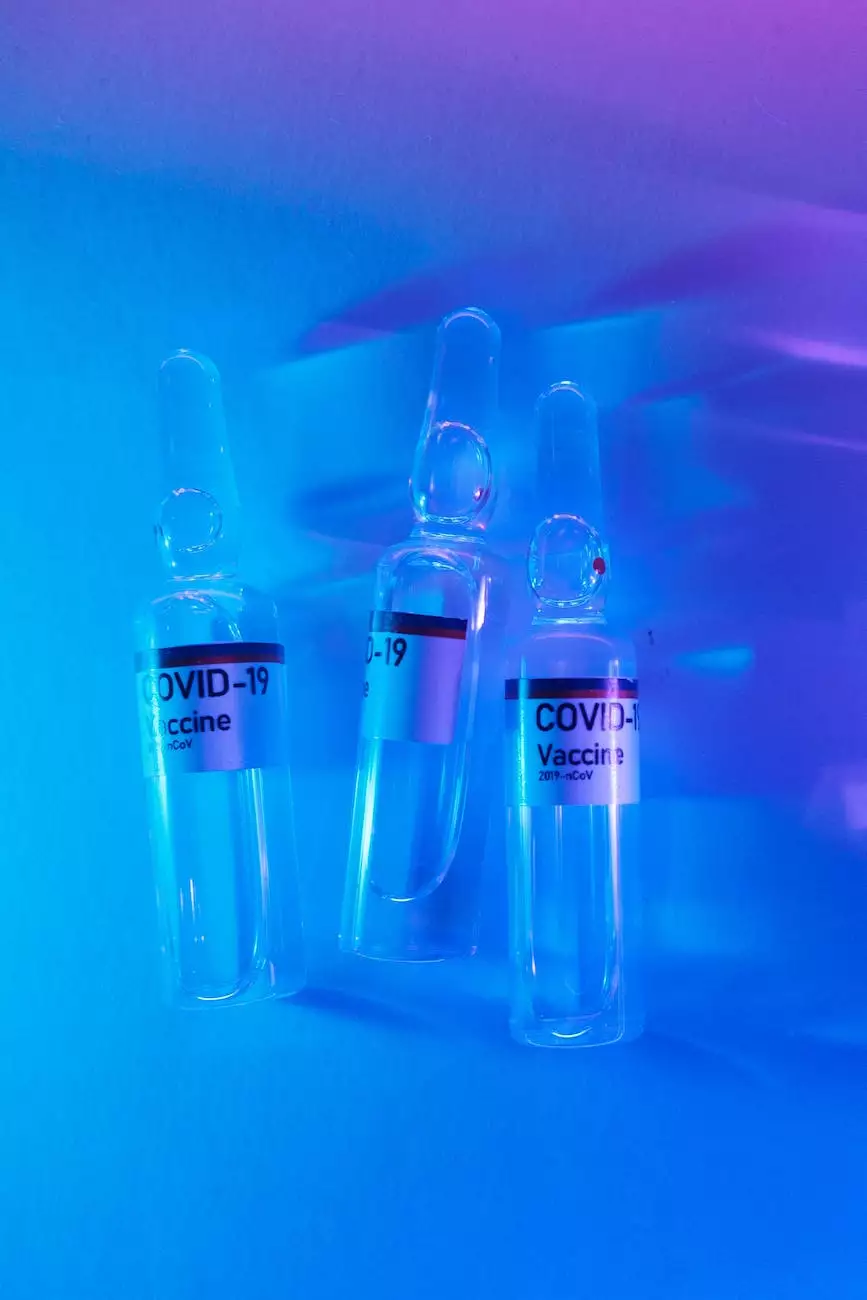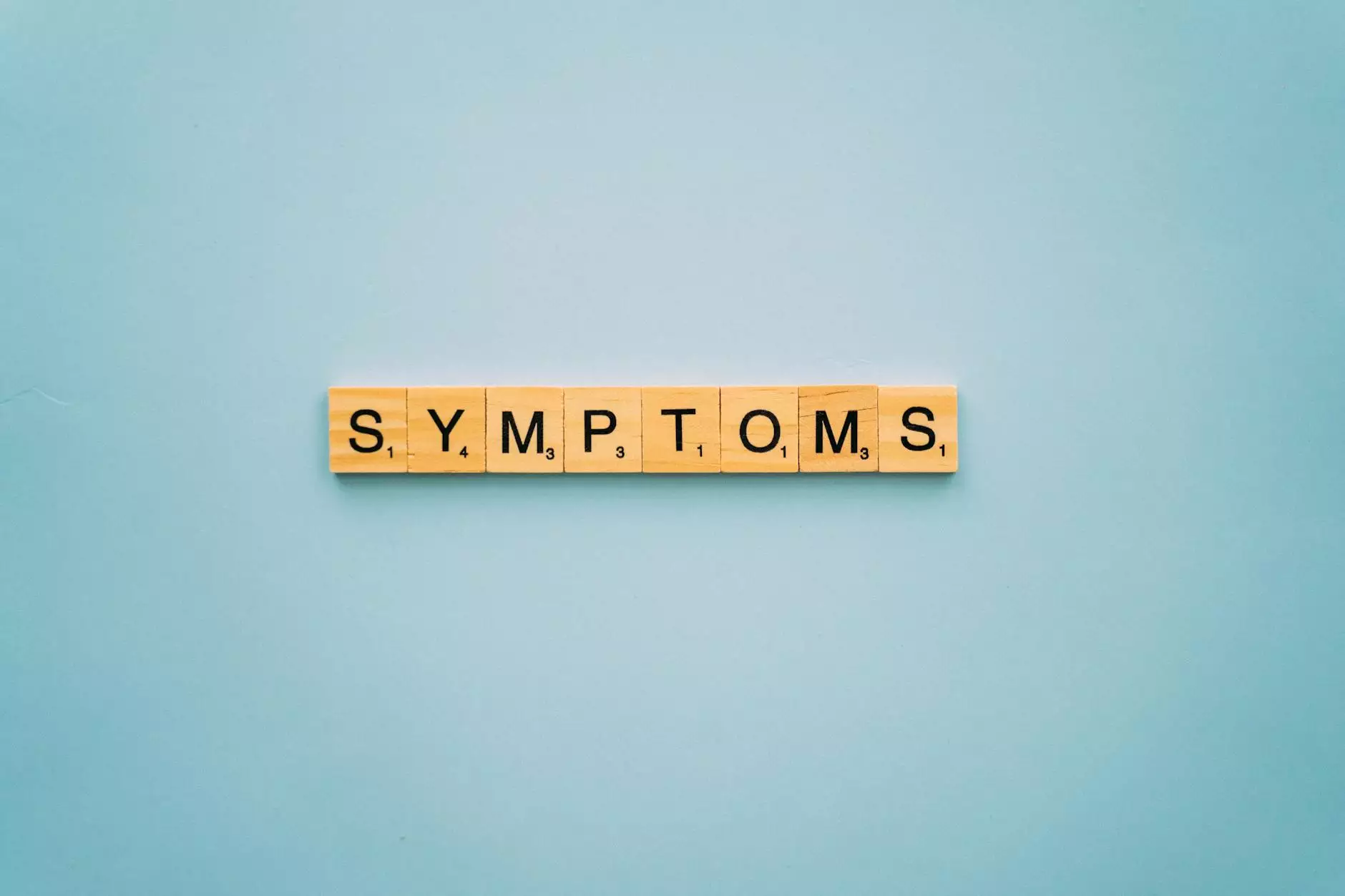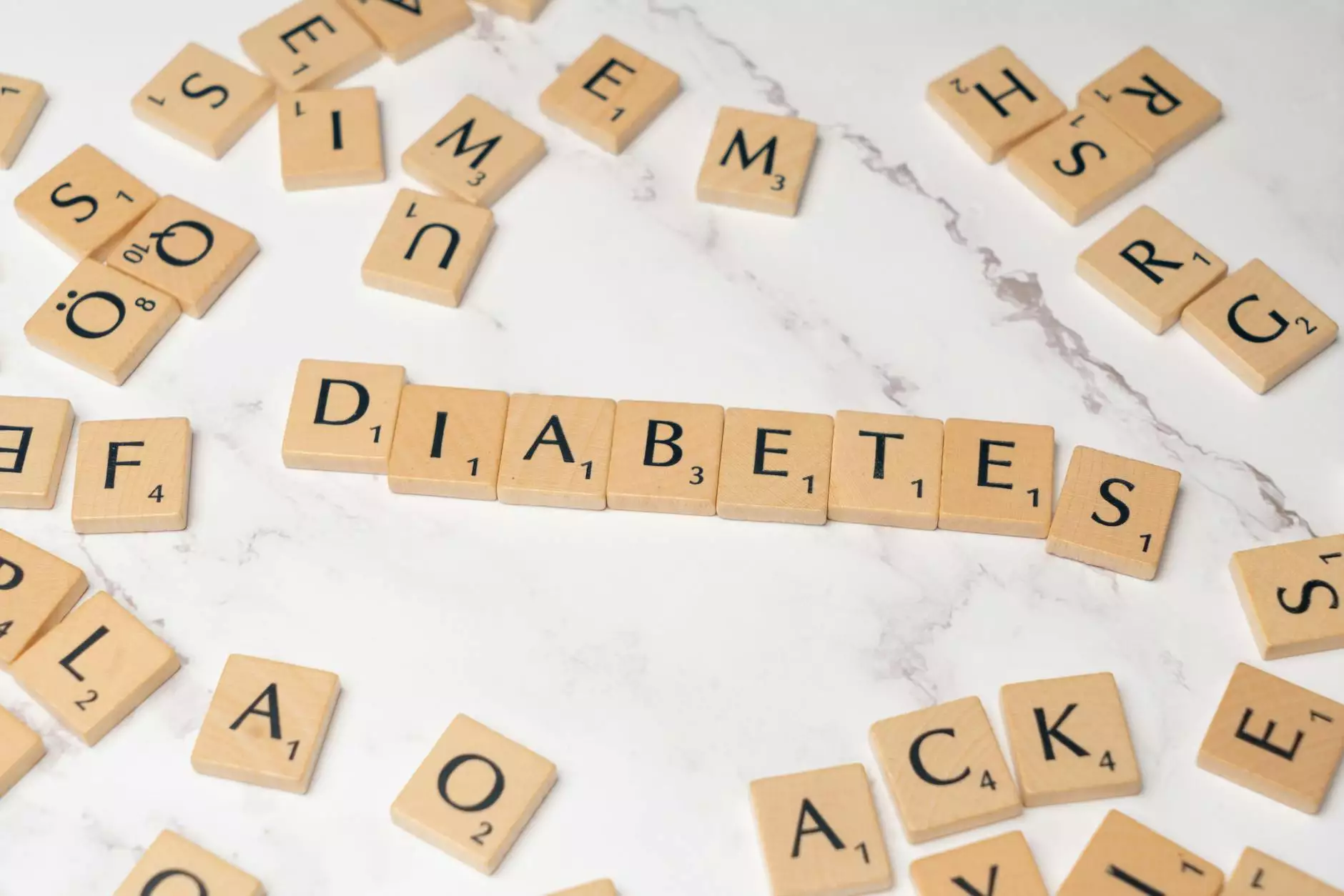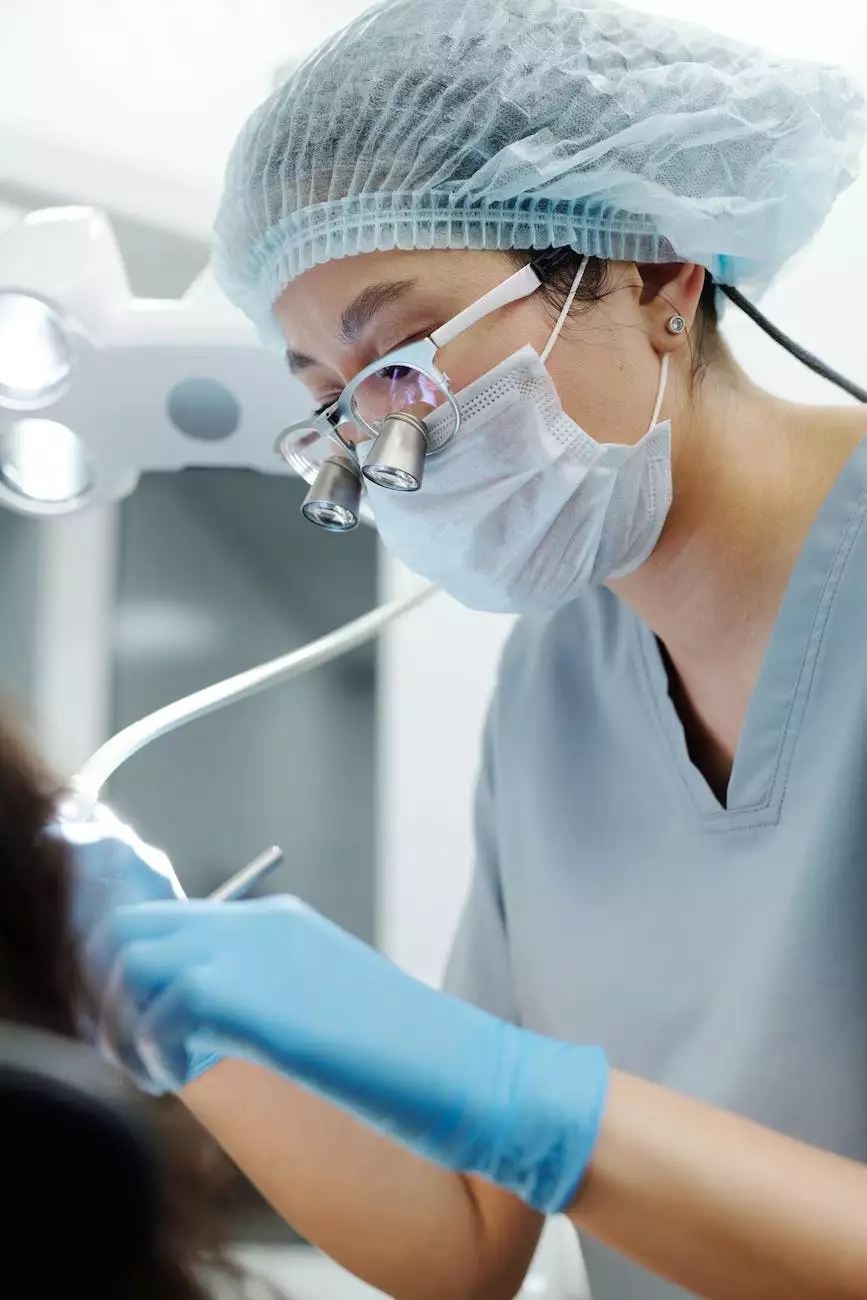Hypogonadism: Causes, Symptoms and Treatment
Health
Welcome to Muir Diablo Occupational Medicine, your trusted source for comprehensive health information and services. In this article, we will delve into the topic of hypogonadism, discussing its causes, symptoms, and available treatment options. Our dedicated team of experts is committed to providing you with the highest quality care related to hypogonadism and beyond.
What is Hypogonadism?
Hypogonadism is a medical condition characterized by a deficiency in the production of sex hormones, including testosterone in males and estrogen and progesterone in females. This hormonal imbalance can lead to various complications and impact both physical and mental well-being.
Causes of Hypogonadism
There are several potential causes of hypogonadism, which can be classified into two main categories: primary and secondary.
Primary Hypogonadism
- Genetic disorders (e.g., Klinefelter syndrome)
- Undescended testicles at birth
- Injury or infection of the testes
- Chemotherapy or radiation treatment
- Aging
Secondary Hypogonadism
- Pituitary gland disorders
- Hypothalamus disorders
- Obesity
- Stress and chronic illnesses
- Nutritional deficiencies
Common Symptoms of Hypogonadism
The symptoms of hypogonadism can vary depending on an individual's age, sex, and overall health. It is important to note that these symptoms can also be associated with other medical conditions, so a proper diagnosis is essential.
Male Hypogonadism
- Decreased libido and erectile dysfunction
- Fatigue and decreased energy levels
- Mood swings and irritability
- Loss of muscle mass and increased body fat
- Delayed or impaired sexual development
Female Hypogonadism
- Irregular or absent menstrual periods
- Hot flashes and night sweats
- Vaginal dryness and decreased libido
- Mood changes and irritability
- Decreased bone density
Treatment Options for Hypogonadism
At Muir Diablo Occupational Medicine, we offer a range of effective treatment options tailored to meet your specific needs. Our experienced healthcare professionals will work closely with you to develop a personalized treatment plan that aims to restore hormone balance and improve your overall well-being.
Hormone Replacement Therapy
Hormone replacement therapy (HRT) is a common approach to managing hypogonadism. It involves the administration of exogenous hormones, such as testosterone or estrogen, to supplement the body's natural hormone production. This can alleviate symptoms and enhance quality of life.
Lifestyle Modifications
In some cases, lifestyle changes can help manage symptoms of hypogonadism. Adopting a healthy diet, engaging in regular exercise, managing stress levels, and getting enough sleep are all important factors in supporting optimal hormone function.
Regular Monitoring and Follow-Up
Once you begin treatment, our team will closely monitor your progress and make any necessary adjustments to your treatment plan. Regular follow-up appointments and hormone level assessments ensure that you are receiving the most effective care.
Contact Muir Diablo Occupational Medicine for Hypogonadism
If you suspect that you or a loved one may be experiencing symptoms of hypogonadism, do not hesitate to reach out to Muir Diablo Occupational Medicine. Our dedicated healthcare professionals are here to address your concerns and provide the highest standard of care. Contact us today to schedule an appointment and take the first step towards optimal health.
Disclaimer: The information provided in this article is for informational purposes only and should not be considered as medical advice. Please consult with a qualified healthcare professional for accurate diagnosis and appropriate treatment.









